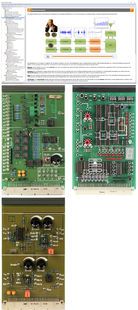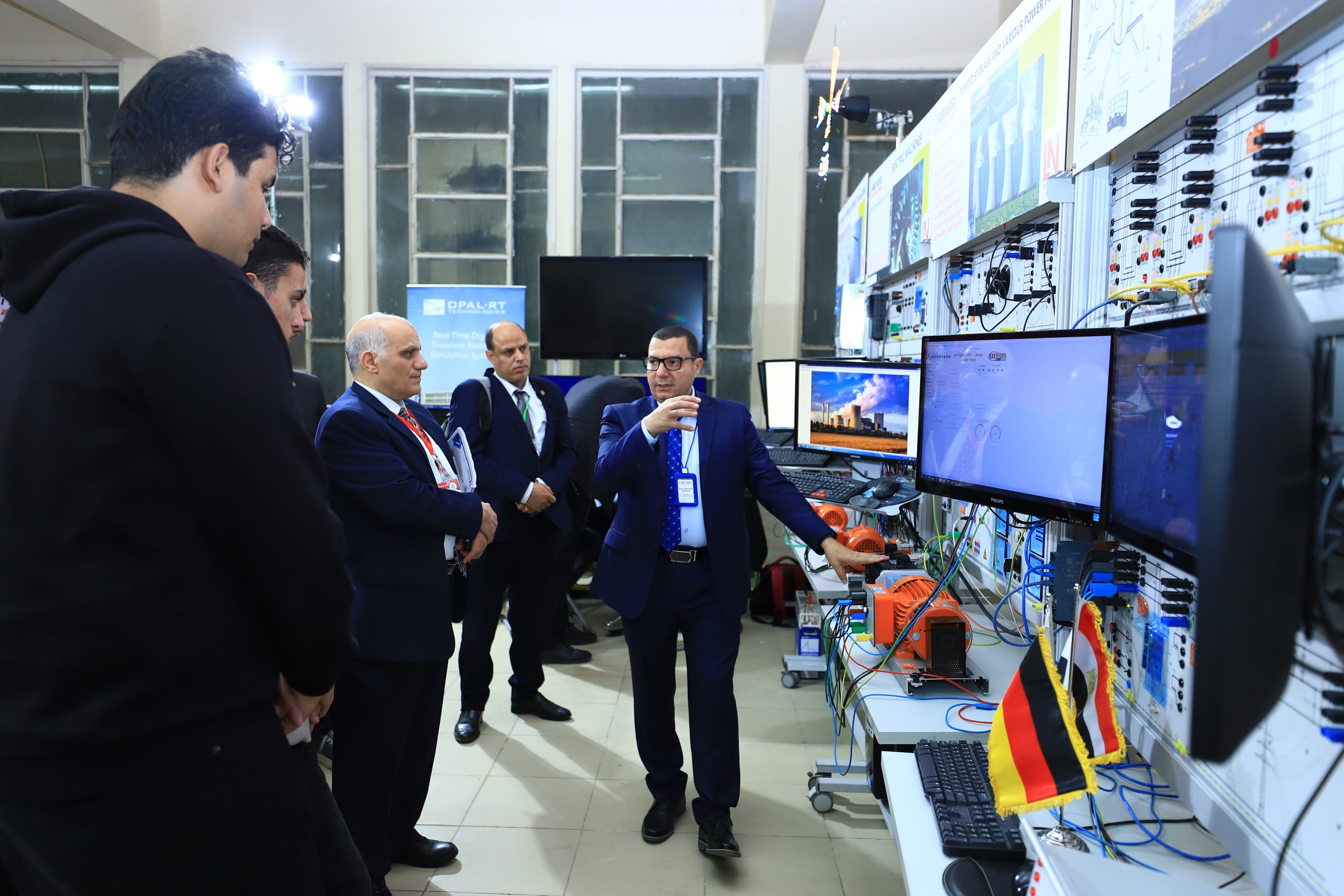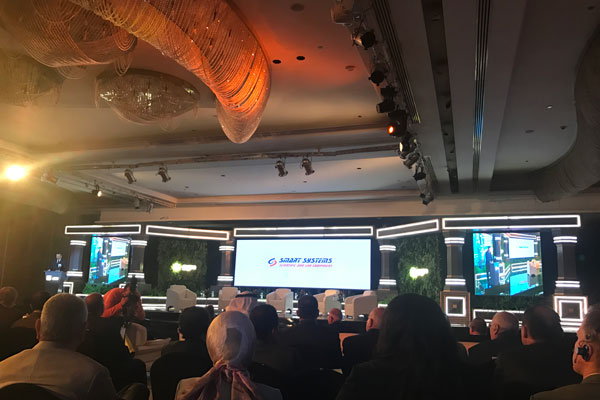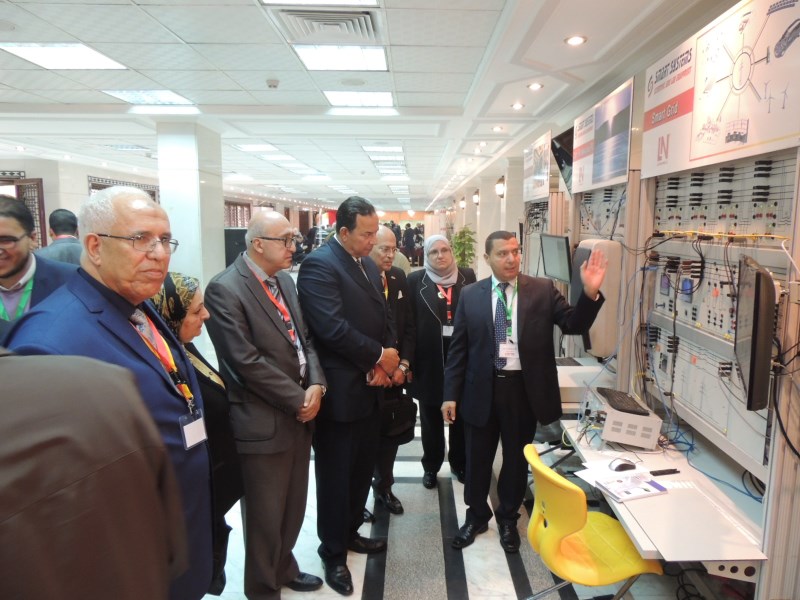COURSE – DIGITAL ELECTRONICS 4: CONVERTER CIRCUITS
- 1 Experiment card with 1 D/A converter with weighted resistors and 1 D/A converter with R-2R network, built using discrete components
- 1 Experiment card with 1 A/D converter using single-/dual-slope method and 1 A/D converter using parallel method (flash converter), built using discrete components
- 1 Experiment card with 1 V/f converter and 1 f/V converter
- CD-ROM with Labsoft browser and course software
- Basic parameters for converter circuits: resolution, linearity, speed
- Introduction to the design and function of a D/A converter with an R/2R network
- Recording static and dynamic characteristics for a D/A converter with R-2R network
- Introduction to the design and function of a D/A-converter with weighted resistors
- Recording static and dynamic characteristics for a D/A converter with weighted resistors
- Investigation of an applied D/A converter circuit
- Basic terminology for digital data acquisition: sampling, sampling theorem, signal reconstruction, aliasing
- Introduction to the design and function of a flash A/D converter
- Introduction to the design and function of an A/D converter using the “single-/dual-slope” method
- Introduction to the design and function of sigma-delta-converters
- Recording the characteristic for an A/D converter
- Measuring internal signals in an A/D converter
- Introduction to the design and function of V/f and f/V converters
- Adjusting the reference voltage for V/f and f/V converters
- Recording the characteristic of V/f and f/V converters
- Measuring internal signals in V/f and f/V converters
- Investigating V/f/f/V converter circuits
- Fault simulation (5 simulated faults activated by relay)
- Course duration 8 h approx. (fault finding 1 h approx.)







